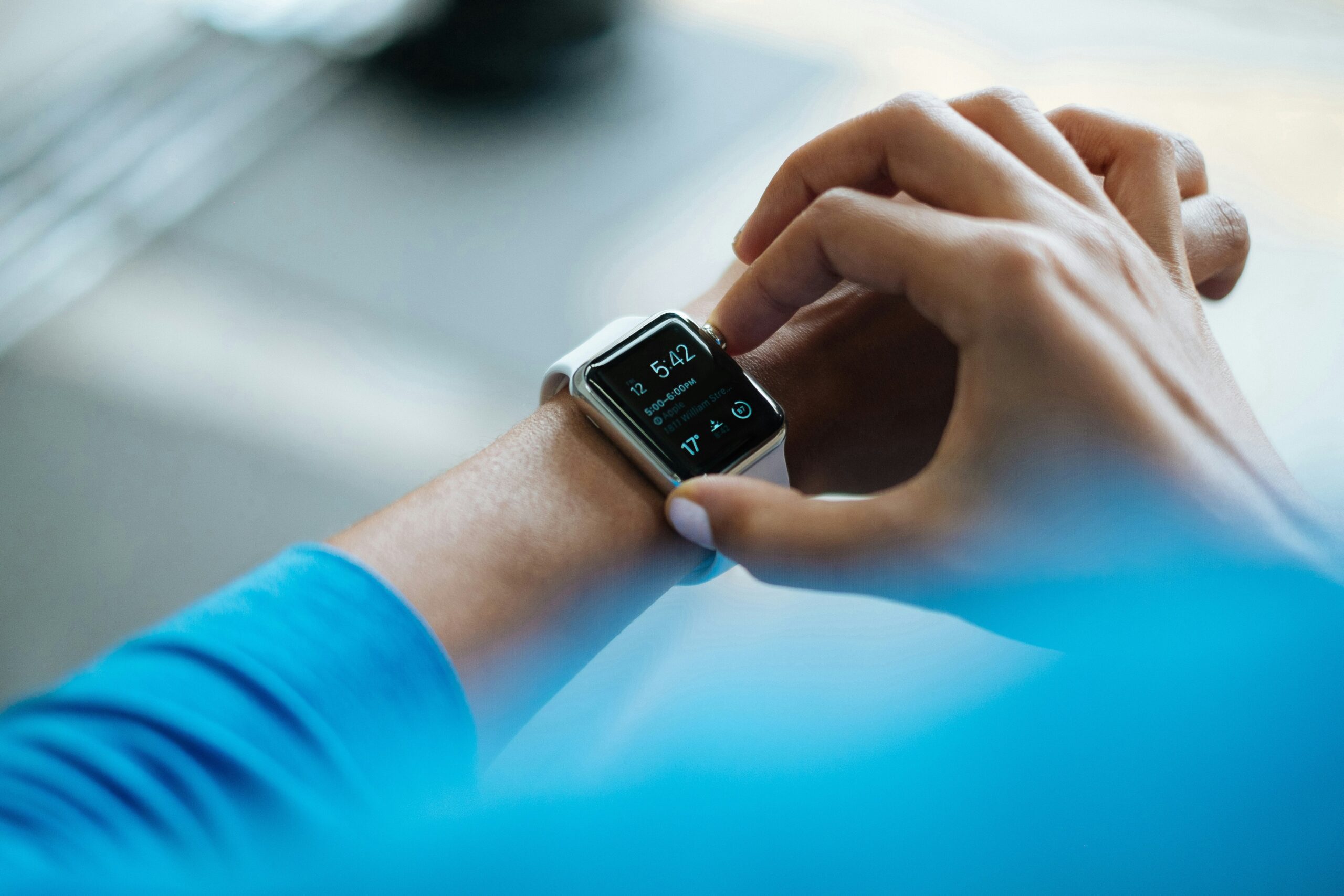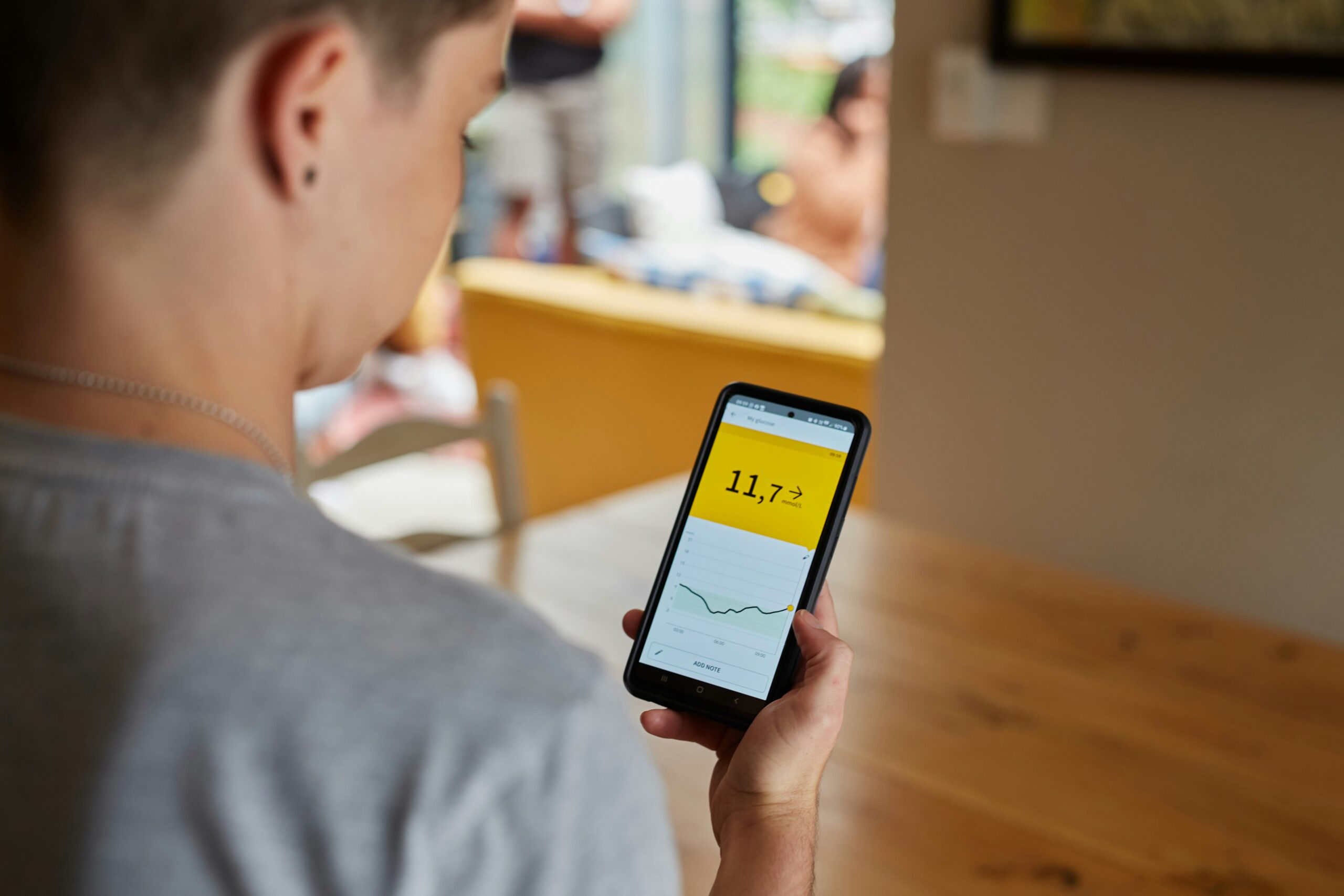
With digital technology playing a large part in our lives, it is no surprise to see continuous innovation in every industry, healthcare included. We have improved services, delivery methods, products, and health systems thanks to new apps and technologies. This can range from anything like virtual GP clinics to general health and well-being fitness apps.
If you are considering making your own healthcare mobile apps with Builder.ai, you may want to consider some of the top digital health trends that are changing the industry and taking healthcare practices by storm.
The Best Innovations in Digital Healthcare
Healthcare-on-Demand
Nowadays, many people are looking for on-demand healthcare that can fit their busy routines. Essentially, people want to access health and medical services when required. Nobody wants to be put on a hospital waiting list or wait several weeks to speak to a GP. As a result, many doctors are gradually becoming on-demand medical care providers, with platforms like Push Doctor providing an online doctor and prescription service that suits the patient.
IoT
Many healthcare practices face a myriad of difficulties in monitoring their patients’ care and making appropriate treatment recommendations. With IoT devices, it is now possible to monitor a patient’s health levels and activities remotely, allowing doctors to access data and make more informed decisions regarding care.
Many physicians use wearable IoT devices and home monitoring equipment to track their patients’ health efficiently and effectively. These health insights are helping medical professionals improve the lives of countless people across the globe.

Artificial Intelligence
Artificial Intelligence is massively changing the healthcare industry. With so much advancement and innovation in all areas of healthcare, we are seeing improvements in areas such as genomics, drug discovery, medical imaging, and more.
The AI-powered device market is expected to rise above $34 billion by 2025. The potential of such technologies means we can comprehend data much quicker and find solutions for patients in a much more time and cost-effective manner.
Blockchain
Blockchain technology has led to numerous innovations in the healthcare industry, prioritising the patient and championing digitalisation on a widespread scale. In addition, this type of technology is helping to ensure the safety and accuracy of digital health records. Many pharmaceutical and healthcare companies are already investing heavily in Blockchain technology based on its many applications.
Many industry experts think Blockchain can open doorways in data sharing and solve many problems with protecting physical data that has also wasted time, money, and resources in the past.
Wearable Healthcare Devices
With so many positives such as comfortability, ease of use, and convenience, wearable healthcare devices are becoming increasingly popular. The global market for such devices is set to reach $16.2 million in 2025. Many companies are investing in this technology to provide regular monitoring for high-risk patients and slowly eliminate the chance of a major health episode.
Advancements in wearable tech and customers generally preferring wearables (sleep monitoring devices, heart rate monitors, etc.) are just two of the reasons this market is growing at an accelerated pace.
Big Data
Big data helps healthcare companies understand their patients and the market, create a customer persona tailored to the demographic, and determine budgets for various projects. As a result, many companies invest in easy ways to organise their data and reap the benefits of Big data.
Eventually, Big data can reduce medication errors through accurate patient record analysis. It will also draw attention to inconsistencies between prescribed medication and the patient’s medical condition. It can also help hospitals staff their wards by estimating admission rates, saving time, and reducing waiting times for patients.
Conclusion
As you can see, many digital health trends are disrupting the healthcare industry for the better. While many of these technologies are still in their infancy, it is an exciting time for the healthcare market and companies to promote a more efficient and effective way of looking after people.








